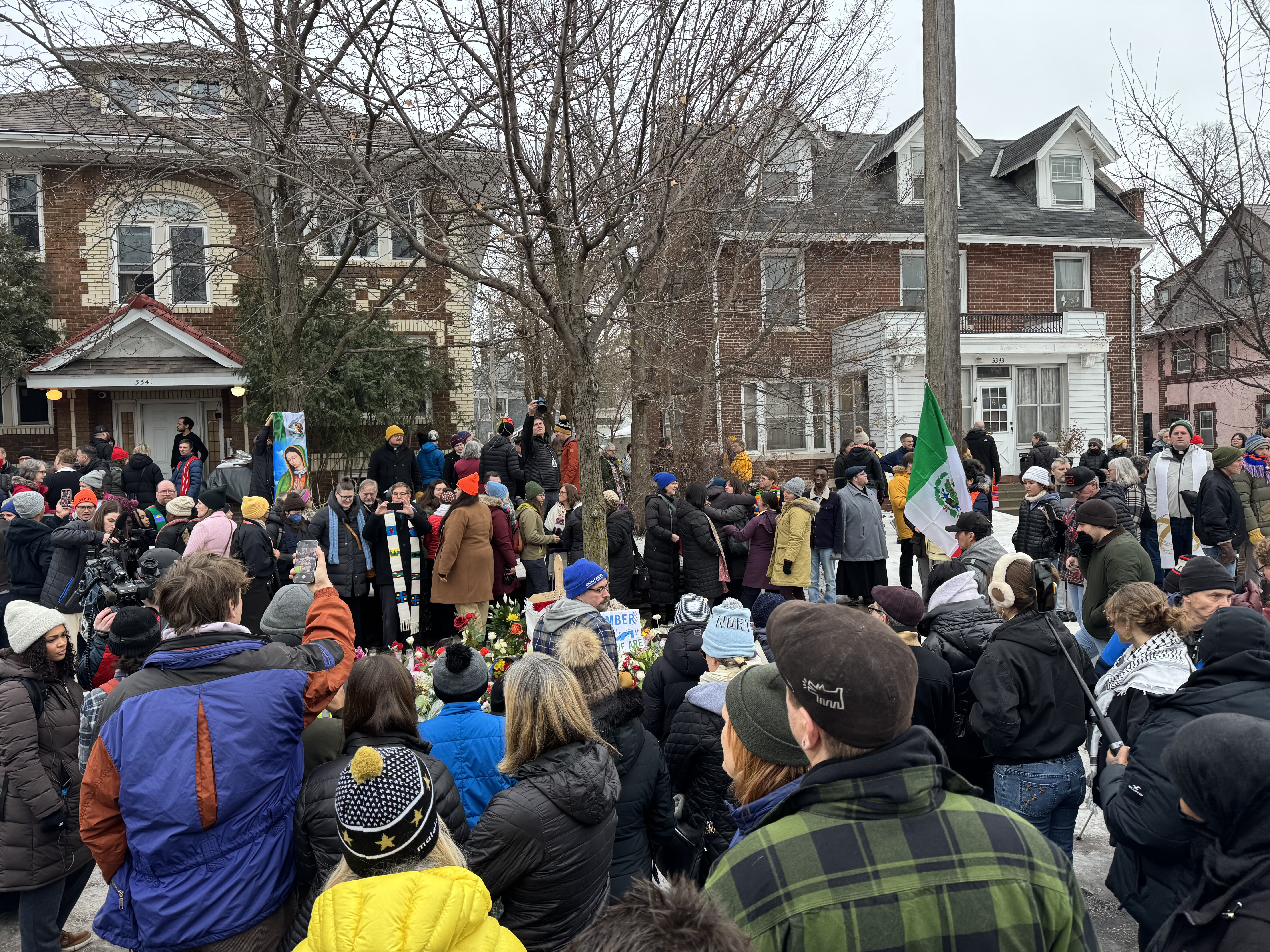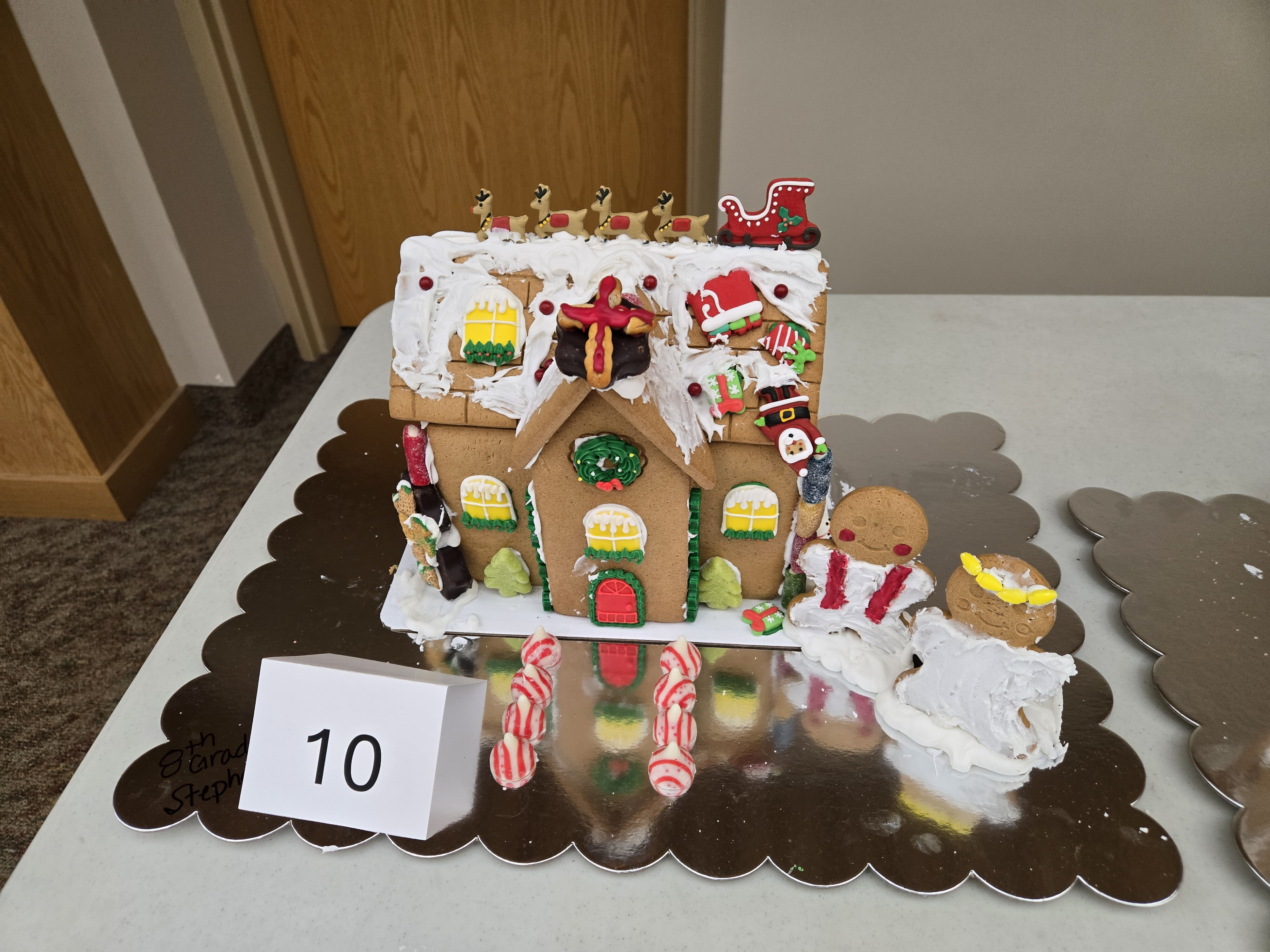Contemplation in Chaos

To some, in this hurry up world, contemplation may seem like an old-fashioned and irrelevant word. In simple terms it means the deliberate seeking of God by an inner dialogue. It is my experience that we are able to grow closer to God through our willingness to detach from the passing thoughts of the day, the multitude of feelings, the addiction to our self-image (ego), and the false promises of culture. It can be a journey into the nothingness of true faith, where the ordinary rules of thinking, managing, explaining, and fixing up the smaller self don’t apply.
Contemplation shouldn’t be used to spiritually bypass what is real, harmful, or unjust in our lives or the world around us. Contemplative practices, over time, eventually give us the ability to stay present and mindful to what is real, and meet it with wisdom, compassion, and courage. Most world religions at their mature stages recognize the necessity of contemplative practice in some form and they can be found under a variety of names.
People are often too busy to really take the time to meet the person who they themselves truly are. Many of us live our lives with a steady stream of ideas, images, and feelings that we cling to—thinking they are our very essence. In reality, without mindful self-awareness and contemplation, I don’t have the idea; the idea has me. I don’t have the feeling; the feeling has me. We have to discover who this “I” really is. Who are we at the deepest level—behind our thoughts and feelings or others’ thoughts and feelings about us?
Throughout our lives, we so often identify ourselves either with our thoughts, our self-image, or our feelings. We have to find a way to detach from these things to discover our “original self,” the essence that we had before we were born. Even with great practice, most of us will only glimpse or abide in our True Self for moments at a time while we are alive.
In our culture and society today there is a great need for whole-souled people who can hold the chaos together within themselves—and give others the courage to do the same. Living a contemplative life does not mean that we withdraw or hide ourselves away from the world’s suffering, crises, confusions or delusions. Instead, contemplation prepares us to take intentional and deliberate actions using God’s will as our guide and pathway. I pray that all of us might come to know such people in our lives and that each of us can continue grow in this capacity.
To understand more about contemplative practices and the way that they can open our worldview and shape our perspectives please join us for Prayer Lab on Sunday, December 6th at 10:00 am. If you are interested in learning more about contemplative practices check out this website.





Login To Leave Comment